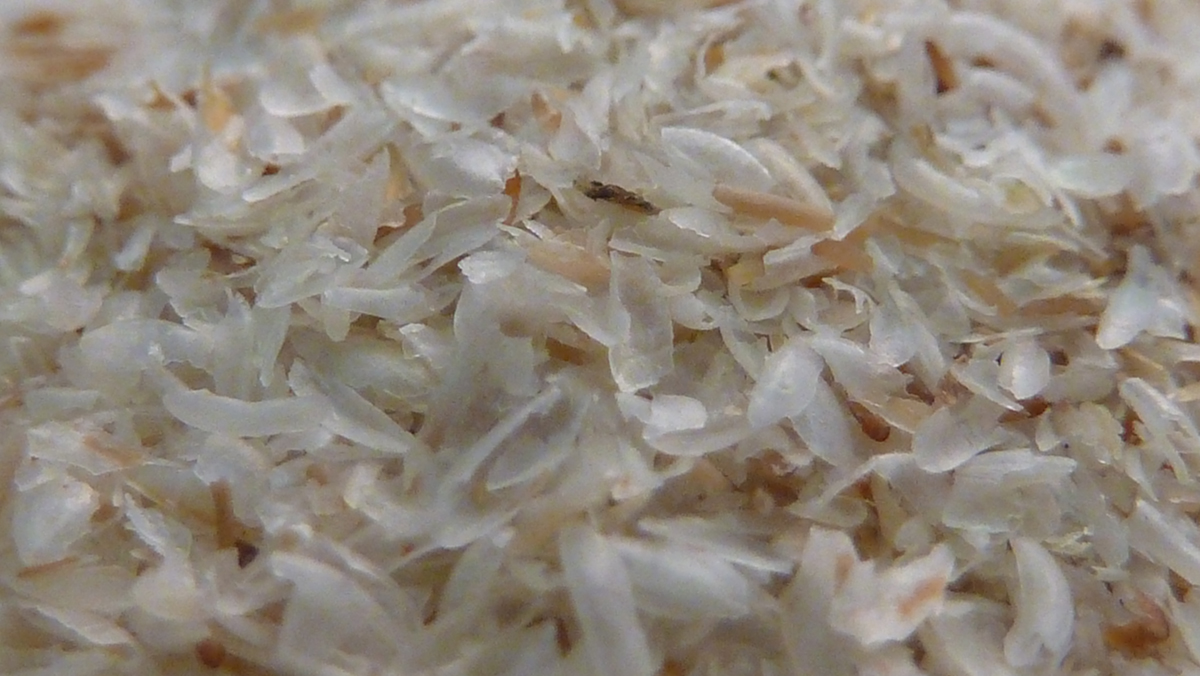
Information on Psyllium
Psyllium is one of the soluble types of fiber and it originates from a certain species of plants which commonly grow in India. People often mistake it for a laxative but it actually is not one. One of its characteristics is that it is soluble and it gets sticky and gelatinous in water.
Benefits of Psyllium Fibers
It cannot be absorbed in the small bowel and it gets broken down inside the large bowel so that it can become the food source for the certain types of bacteria that are usually located in the colon. These bacteria are actually healthy because they bulk up the stools so that they are much easier to pass.
Psyllium fibers which get absorbed actually add more calories to one’s individual diet. Psyllium creates a gelatinous, spongy mass inside the bowels which is really helpful in the process of absorption of toxic substances in the colon. It gets swollen by up to 50 times its size and it absorbs the water. That is how it is so efficient in breaking down and moving toxic waste which gets accumulated in the crevices and folds of the bowel. Peristalsis requires a specific amount of bulk in the intestines in order to occur at all. The spongy effect stimulates the peristalsis by means of rhythmic muscular contractions of the bowel.
All the harmful bacteria get eliminated from the intestines. Psyllium is very beneficial for the digestive system because of its very potent lubricating and bulking properties. If a person suffers from a lack of bulk, the outcome is usually constipation. Psyllium can be purchased over the counter and it can be very efficient in promoting regularity when taken on a regular daily basis. Psyllium is very beneficial because it does not harm the bowel tone and it does not put any strain on nerve reflexes.
It is very important to keep the colon as clean and healthy as possible because otherwise it may lead to toxic buildup and a weakened immune system. Diet plans which include plenty of fibers are especially beneficial for those who suffer from diabetes. The fibers are very efficient in reducing insulin requirements, controlling the concentration of blood glucose, decreasing the blood pressure, and delaying the absorption of glucose.
Psyllium can also come in very handy when it comes to reducing the levels of bad cholesterol in the blood and reducing the risk of coronary heart disease. Psyllium does not interact with any types of food or beverage and it is also perfectly safe for pregnant and breastfeeding women.







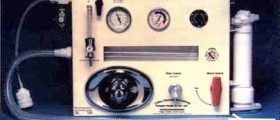


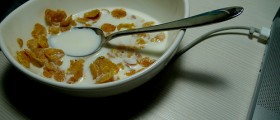




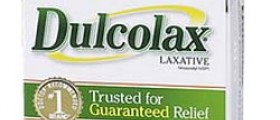
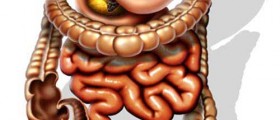
Your thoughts on this
Loading...